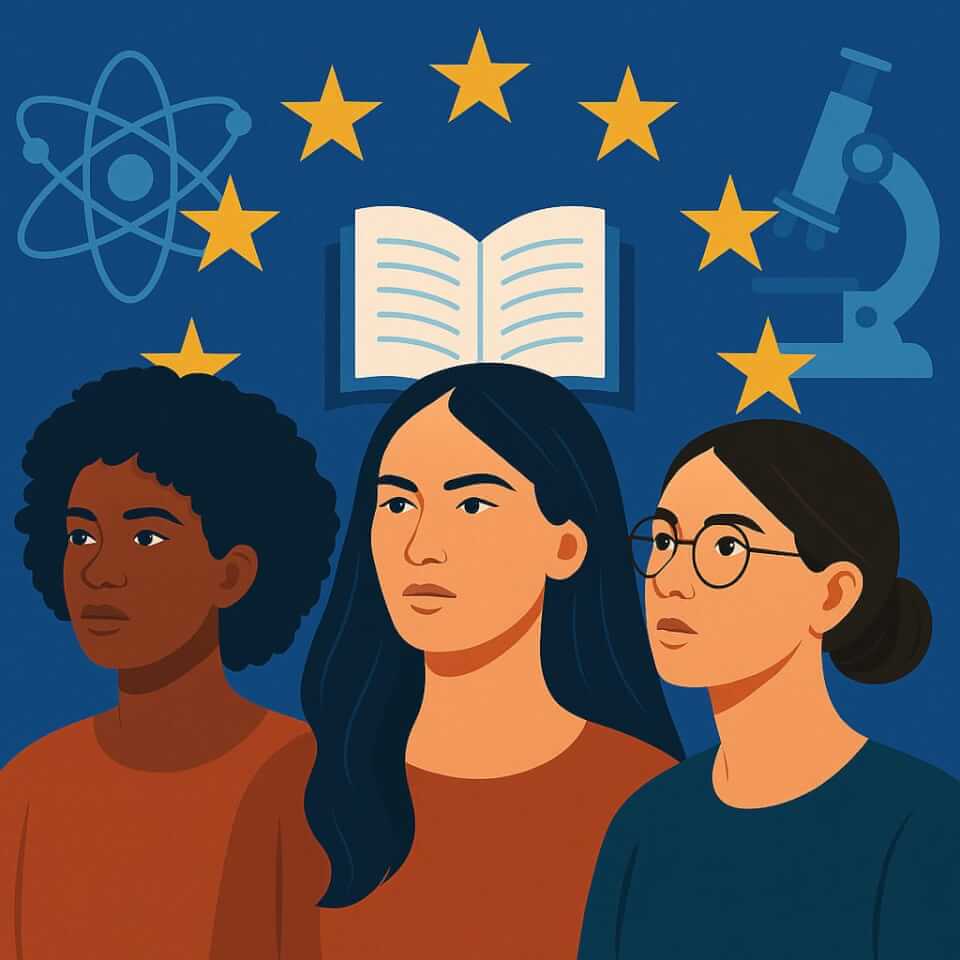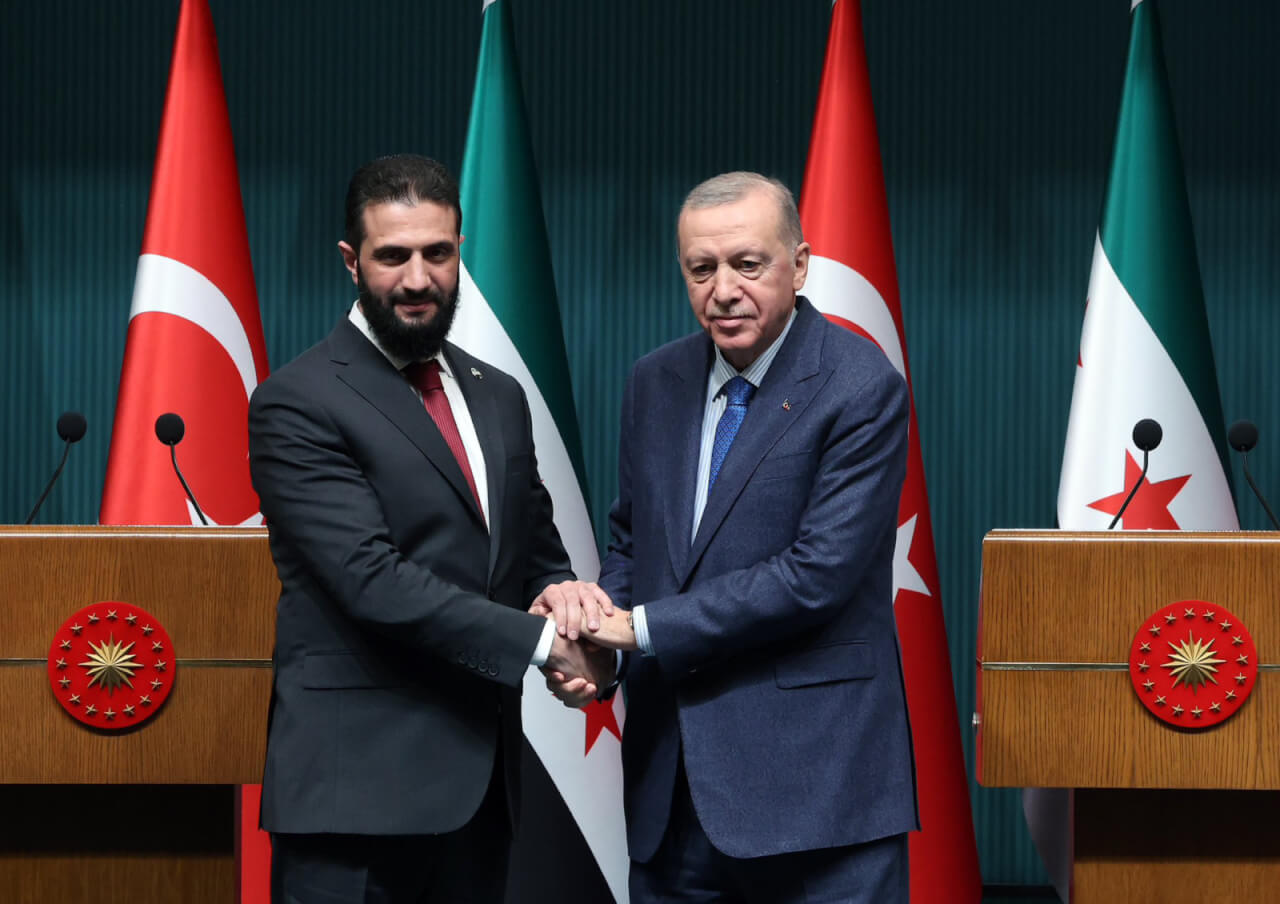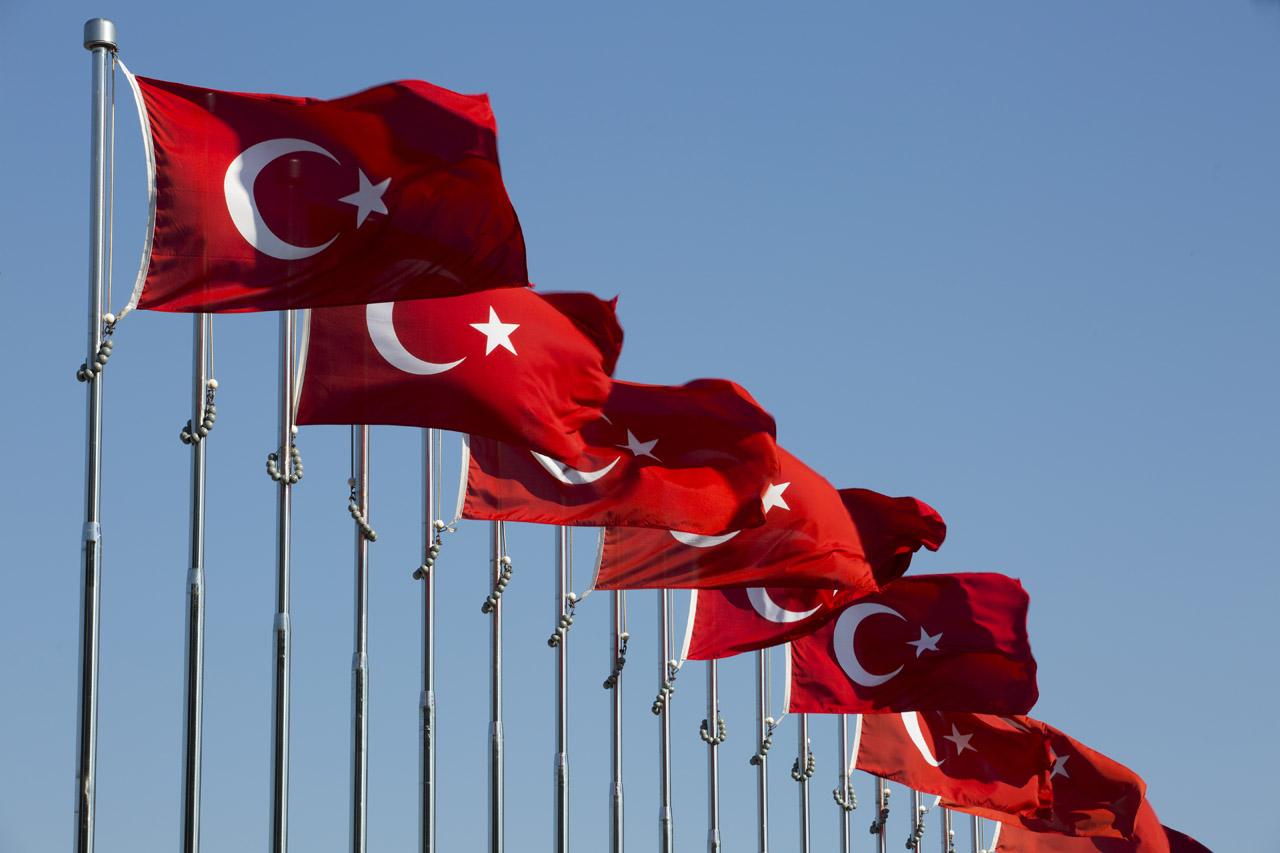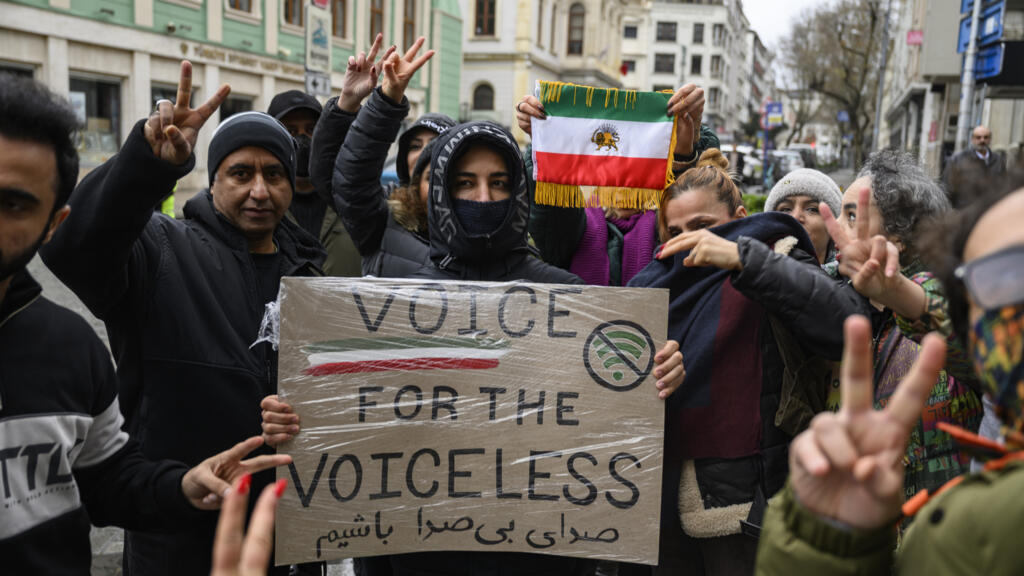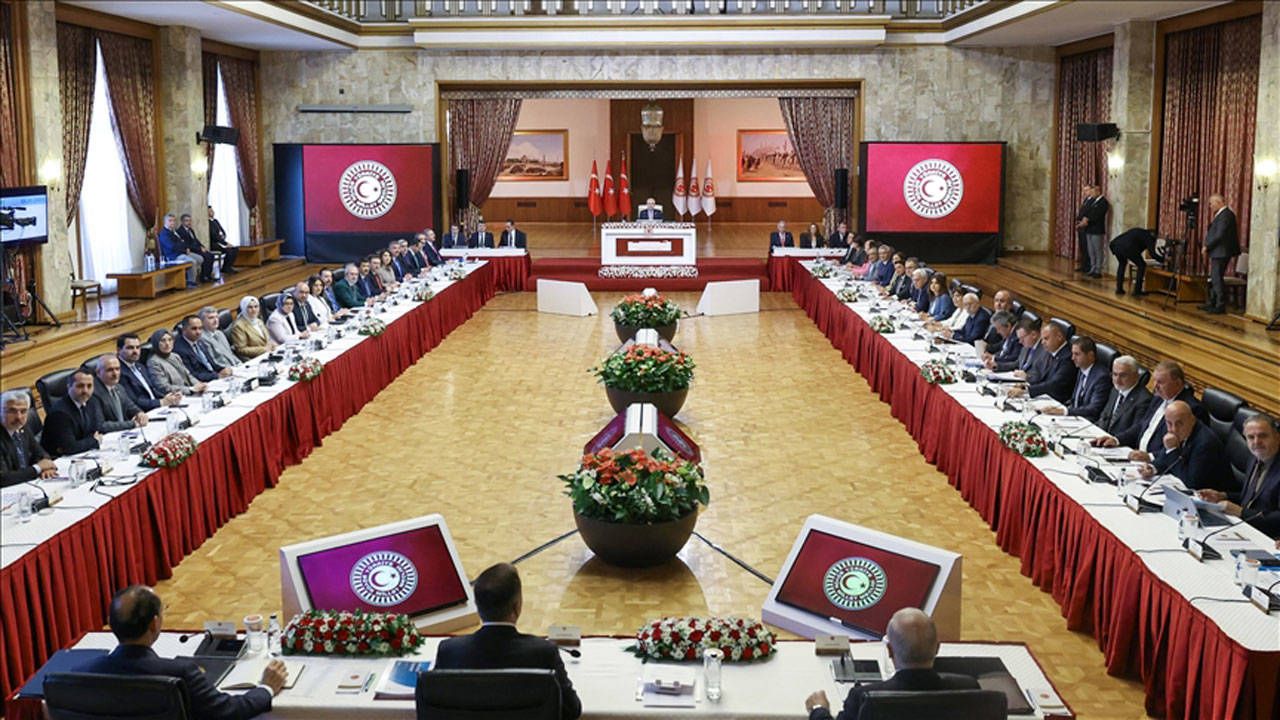The European Union celebrates “equality” and “inclusion.” Its treaties, policy papers, and speeches are filled with these words. Yet one question remains unresolved: whose knowledge actually counts in policymaking and in the study of Europe? This is not just a numbers game. Saying “women’s perspectives are missing” is not about how many women sit in parliament or at the negotiation table. It is about the structures that decide how knowledge is produced, shared, and taken seriously. Women and other marginalised groups are not only underrepresented; they are often denied recognition as knowers in the first place.
Philosopher Miranda Fricker calls this epistemic injustice—unfairness in how knowledge is made, recognised, and used. It takes different forms. Testimonial injustice occurs when a woman’s credibility is discounted because of who she is. Hermeneutical injustice arises when the very concepts needed to articulate experience are missing, leaving testimony unintelligible. Feminist standpoint theory sharpens the point: what passes as “neutral” knowledge usually reflects the vantage point of those already in power. Sandra Harding’s “strong objectivity” flips this around: if policy is to be truly objective, it must centre the standpoints that power excludes. Everyday experience is not anecdote. It is evidence.
Beyond numbers: why perspectives go missing
The problem, then, is not only underrepresentation but the systemic barriers that keep women’s knowledge from shaping decisions. Testimonies are doubted, softened, or redirected. The bar of “evidence” shifts depending on who speaks. And when the risks of speaking—social, professional, or even legal—are too high, people self-limit. Philosopher Kristie Dotson calls this testimonial quieting (choosing not to speak) or testimonial smothering (trimming one’s words to fit what an audience will accept). Both are strategies of survival in environments where listeners are unwilling—or unable—to hear.
Indicators and models reinforce these silences. Policymakers privilege what can be easily counted—employment rates, growth figures—while overlooking what sustains life: unpaid care, ecological resilience, safety in the home. Eurocentric frames cast the EU as leader or protector, setting the terms of recognition and positioning others as passive pupils. And even feminist language can be hijacked. The rise of femo-nationalism shows how “protecting women” can be turned into a nationalist rallying cry, erasing women’s agency and redeploying feminism as a weapon of exclusion.
When these barriers persist, “unity in diversity” becomes a slogan rather than a standard. Policies may be technically sophisticated, but they rest on truncated foundations. They cannot deliver justice because they are built on partial knowledge.
Blind spots in action
The consequences are hiding in plain sight. The European Green Deal, for all its ambition, casts Europe as saviour while overlooking the grounded, care-based knowledge of women resisting ecological destruction in Turkey’s Akbelen Forest. In peacebuilding too, the EU has sidelined women’s organisations, weakening not just participation but the durability of peace itself.
Even within EU institutions, progress is fragile. Ursula von der Leyen’s presidency showed how much leadership matters: near-parity in the College of Commissioners, a Gender Equality Strategy, a directive on violence against women. But it also showed the limits. Numbers and titles do not equal transformation. Women in power do not automatically dismantle the structures that silence women’s knowledge. Without sustained change, breakthroughs risk becoming symbols rather than substance. Meanwhile, quieter silences persist. Indexes count jobs but not unpaid care. “Gender equality” is softened into the paternalistic language of “gender justice.” And feminist rhetoric is hijacked, repurposed to serve nationalist agendas rather than emancipation.
Yet resistance endures. During the pandemic, feminist activists in Turkey forced gender-based violence and reproductive rights onto the public agenda. Their message was unmistakable: lived experience is not anecdote—it is evidence.
What feminist epistemic justice would mean
So, what would it take to build an EU that practices what it preaches? Feminist epistemic justice offers a path forward. It means reshaping how knowledge is generated, validated, and mobilised. First, it means valuing lived experience as knowledge. Care, survival, and everyday expertise must be treated as evidence, not side notes. That requires spaces where testimony can be shared safely, without the risk of quieting or smothering. Second, it means rethinking what counts as “objective.” Strong objectivity insists that policies tested only against the perspectives of the powerful are not neutral—they are skewed. Rigour lies in integrating the standpoints that power routinely excludes. Third, it means reconfiguring the circulation of knowledge. Who sits on editorial boards, who reviews articles, who allocates research funds all shape which ideas reach decision-makers. Feminist epistemic justice insists on breaking these pipelines open to feminist, decolonial, qualitative, and participatory work. Finally, it means guarding against co-optation. Feminist language stripped of its emancipatory force and repurposed to legitimise exclusionary projects is not progress—it is epistemic oppression in disguise.
At FEJUST, we experiment with what this looks like in practice: students using participatory methods such as film and photography to bring lived experience into the classroom; collaborations that bring undergraduates, NGOs, and established scholars together to co-create research; publications that embed feminist epistemic justice into public debate. These are not the whole answer, but they are glimpses of what is possible.
Funding note: This work was supported by the European Commission’s Jean Monnet Programme (Jean Monnet Chair: Feminist Epistemic Justice in the EU and Beyond—FEJUST, Project 101085368) and Bahçeşehir University co-funding. The European Commission’s support for this publication does not constitute an endorsement of the contents, which reflect the views only of the authors. The Commission cannot be held responsible for any use which may be made of the information contained herein. (PI: Assoc. Prof. Dr. Rahime Süleymanoğlu-Kürüm, Department of Political Science and International Relations, Bahçeşehir University, Çırağan Caddesi, Osmanpaşa Mektebi Sokak, No. 4–6, Istanbul, Türkiye. Email: [email protected]

